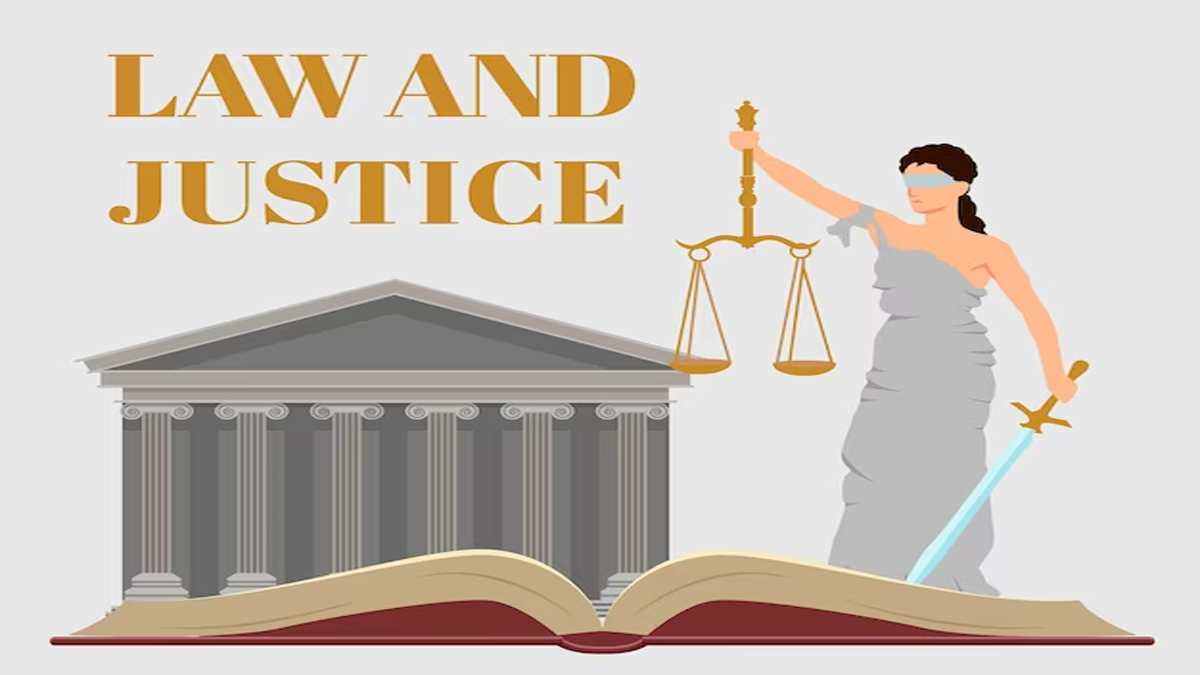The ISA was established under the United Nations Convention on the Law of the Sea (UNCLOS) to serve as the organization responsible for organizing, regulating, and controlling all mineral-related activities in the international seabed area.
Here are key aspects of the ISA’s role in deep-sea mining:
- Regulatory Framework: The ISA provides a comprehensive regulatory framework for deep-sea mining activities. It sets out the rules and procedures that govern the exploration and exploitation of mineral resources on the seabed. This framework is designed to ensure the protection of the marine environment, prevent harm to the deep-sea ecosystem, and promote the equitable sharing of benefits derived from deep-sea mining.
- Issuing Contracts: The ISA is responsible for issuing contracts to entities or countries interested in exploring and exploiting mineral resources in the international seabed area. These contracts outline the terms and conditions under which such activities can take place. The ISA carefully reviews and approves these contracts to ensure compliance with international law and environmental standards.
- Environmental Protection: The ISA places a strong emphasis on environmental protection in deep-sea mining. It requires contractors to conduct environmental impact assessments (EIAs) before mining activities begin. The goal is to minimize potential adverse effects on marine ecosystems and biodiversity. The ISA sets guidelines and standards for environmental management and ensures that mining activities are conducted in a sustainable manner.
- Technology Transfer and Capacity Building: The ISA facilitates the transfer of technology and knowledge to developing countries to ensure that they can actively participate in deep-sea mining activities. It also promotes capacity building initiatives to enhance the ability of these countries to engage in responsible and sustainable seabed mining.
- Benefit Sharing: The ISA is committed to ensuring that the benefits derived from deep-sea mining are shared equitably among all countries, especially landlocked and developing nations. It establishes mechanisms to distribute financial and other benefits derived from mining activities, taking into account the interests of both contractors and the international community.
- Monitoring and Compliance: The ISA monitors and regulates the activities of contractors to ensure compliance with the terms of their contracts and international regulations. It has the authority to take corrective measures in cases of non-compliance, including the suspension or termination of mining activities.
In summary, the International Seabed Authority plays a central role in overseeing and regulating deep-sea mining activities to ensure that they are conducted in a manner that is environmentally sustainable, socially equitable, and compliant with international law. The ISA’s work reflects the balance between the economic potential of deep-sea mining and the need to protect the fragile ecosystems of the international seabed.
